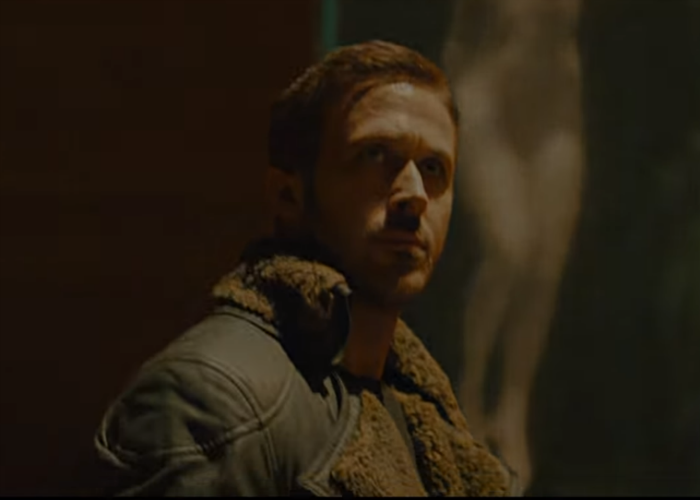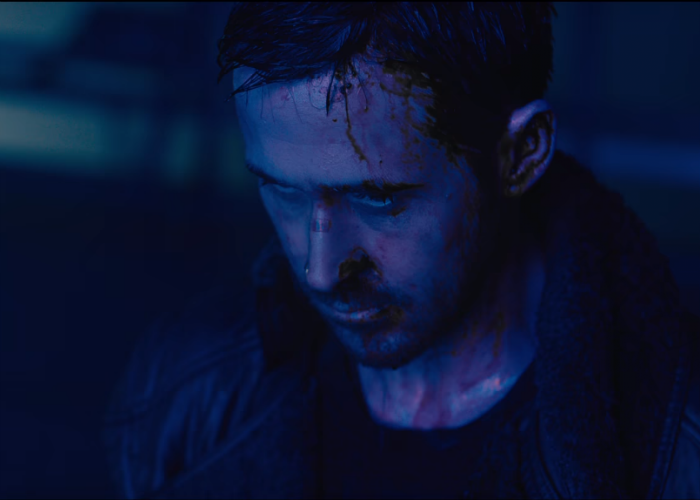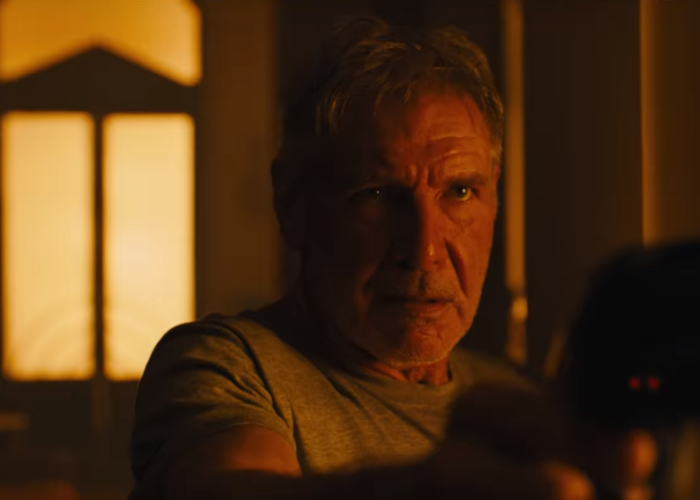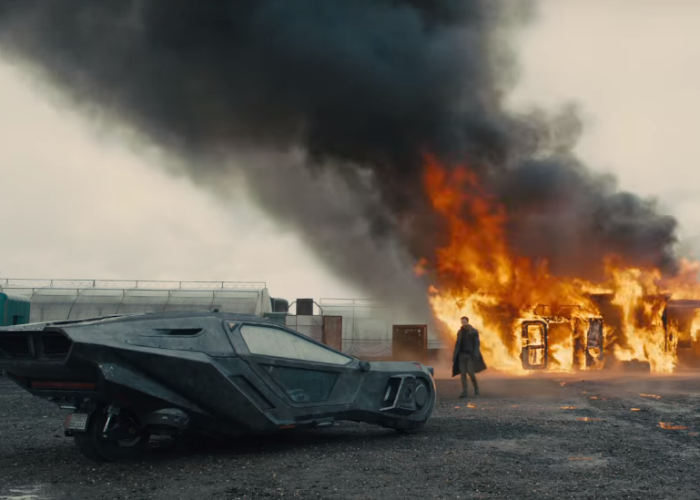
Cast: Ryan Gosling, Harrison Ford, Ana de Armas
Director: Denis Villeneuve
Rating: 4 stars (Out of 5)
I wonder if I am a replicant. The 1982 Ridley Scott film Blade Runner tantalisingly created a dystopian future, a world where androids were smart enough to fool humans yet not smart enough to inherently understand if they themselves were androids. These humanoid beings were called Replicants, and those who would hunt, shoot and 'retire' them went by the preposterously cool designation Blade Runner. If I am a replicant, have I actually ever watched the old 'original' Blade Runner with its clunky but disinterested noir narration? Or have I merely been handed someone else's memories of watching it? And what of the exquisite, cleaner, sadder unicorn-filled 'Final Cut'? Is it as different or was the happy ending not as compromised as I remember? (Actually, don't answer that one. It was bad.)
Do I watch movies or do I remember the idea of watching movies? Does it matter if I think they are real? Then again, how real can a movie be, anyway? And what will I answer when asked about a wasp on my arm or a secret favourite scene in a guilty pleasure movie? I'm certain the latter will feature on the Voight-Hoffman test for me.
A large part of the magic of Scott's Blade Runner was to give yourself over to a film - a gorgeous, breathtaking, ear-tonguing masterpiece of a film - that revelled in posing questions about life and love and humanity without bothering to answer them. It made us wonder and question and argue. In Denis Villeneuve's incredibly ambitious sequel, Blade Runner 2049, there is no more Voight-Hoffman test. Replicants are not tested based on their responses, but on their reactions. The subject is not required to think and process, but to blink and repeat. This seems understandable, given the film is set thirty years after the events of the first, and technology is better. Is it, though?
The world, we're told, has changed, even though the slums of Los Angeles look as depressing, draped as they are in darkness and advertisement light. Coloured neon spills into and across homes constantly, like a Cosmo Kramer nightmare. Ryan Gosling plays K, which is not a Kafkaesque name but the first letter of his serial number, a high-end Replicant who works for the police and blade-runs the Replicants who pose as humans. He lives a straightforward life in a home with a companion, Joi, a devoted lover who is part Tamagotchi, part Siri. This woman - who transitions from doll-like housewife to Nabokov-reading cool girl at his command - is played by Ana de Armas, and she is the best thing in the movie, utterly vulnerable even when entirely artificial. Does it matter if she isn't real if she makes K feel real things?
This is already a progression from the original film, which left us wondering if Deckard - the leading man and titular Blade Runner, played by Harrison Ford - was a human or a replicant. The new film sets Gosling up as a replicant who wonders about humanity. The questions are different but they are manifold, and Villeneuve's film is both lofty and loving. It functions as an exceptional companion piece to the 1982 film but leans on it too heavily. If you aren't already in love with Blade Runner, this 2049 holds no value for you. If you are, then you are in for something special, an ambitious epic that revels in ambiguity and existential curiosity.

Blade Runner 2049 Movie Review: Film still
The 1982 film remains brutal and hard-edged and relentlessly intelligent, while this one loyally follows in its footsteps instead of influentially breaking ground. Yet Villeneuve's vision comes through even as he channels Scott's voice, and this new film haunts me as I remember it in fragments that may well come to me one day in dreams. Like sheep and unicorns do.

Blade Runner 2049 Movie Review: Film still
This is a film of exceptional detail. This is a world after an all-swallowing data blackout, when everything was wiped clean and it is only paper that survived. Also surviving are companies like Pan Am, whose hoardings still light up the neighbourhoods like in the original film, while alcohol bottles have become disappointingly normal looking unlike those iconic and sexy Blade Runner bottles which looked like whiskey bottles who'd swallowed big square bottles of perfume. The dialogue, too, has become a lot more precise and pointed than in the gristly noir original. "It is invigorating being asked personal questions," a character says, while another speaks of storming Eden and retaking her. At some point there is even a rather reassuring exchange involving a line from Robert Louis Stevenson's Treasure Island.

Blade Runner 2049 Movie Review: Film still

Blade Runner 2049 Movie Review: Film still
The rest ought not be spoiled. Suffice it to say that it is long and immense, beautiful and nightmarish, dark and dream-like. There is a folded animal here, a returning serial number there, and the world as K knows it does indeed break. What questions are answered and what are raised are for you to find out and for me to revisit again and again, for this film is a puzzle box - and proud of being one.
The music, by Hans Zimmer and Benjamin Wallfisch, isn't bad and borrows several cues from the original score by the great Vangelis, not to mention the opening bars of Pink Floyd's appropriately named The Great Gig In The SkyBlade Runner 2049

